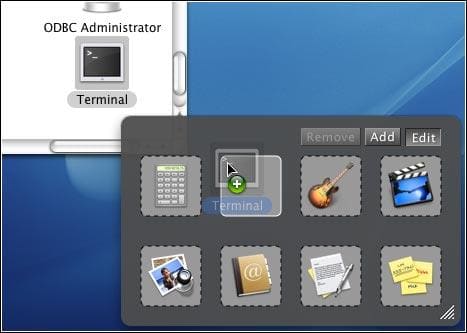

This example is exactly like Example 2 with a key difference. If that isn’t an option, we can create a new variable to pass to ‘foo,’ and assign that variable to ‘G1’ (which truncates the int to a short):įrom the ”Visual Studio 2010 X64 Cross Tools Command Prompt”, if you compile this with the command:Ī.cpp(10) : warning C4789: destination of memory copy is too small To fix the buffer overrun in Example 2, we declare ‘G1’ as int. This means that this buffer overrun is only caught when optimizations are enabled. Also, this warning is caught by inlining ‘foo’ into ‘bar’. This buffer overrun will only be caught with the improvements made in Visual Studio 2010. There are a couple of important things to note about this example. As ‘G1’ is only 2 bytes in length, the store “*x = 5” will write past ‘G1’, resulting in a buffer overrun. ‘foo’ then writes 4 bytes to the memory location pointed at by ‘x’. Ze short (which is only two bytes), but we’ve taken the address of it and casted it to ‘int *’ to pass to ‘foo’.

In this example, we’ve created a variable ‘G1’ of si Example 2įrom the ”Visual Studio 2010 Command Prompt”, if you compile this with the command:Ī.cpp(9) : warning C4789: destination of memory copy is too small In practice, a lot of buffer overruns will not be as obvious as Example 1, so I’ll provide some more examples to help you in your investigations. In this case, the user most likely meant to memset the first element, and thus to fix this issue, the memset would be changed to Arrays are zero-indexed, so the memset on line 6 is taking the address of the second element of an array this means that we are actually writing to memory outside the array, corrupting memory! ‘p’ has been allocated as an array with one element. Let’s say we have the source file a.cpp that contains the following:įrom the ”Visual Studio 2008 Command Prompt”, if you compile this with the command:Ī.cpp(6) : warning C4789: destination of memory copy is too smallįor the example above, the compiler has detected a buffer overrun for the variable ‘p’. This message means that the compiler has detected a possible buffer overrun in your code. When compiling your source file, you may receive the warning: “warning C4789: destination of memory copy is too small.”
#BUFFER OVERRUN PRO TOOLS 12 MAC HOW TO#
This blog post will cover what C4789 warns about, and how to resolve the warning. When Visual Studio 2010 ships, it will have improvements to warning C4789 allowing it to catch more cases of buffer overrun.


 0 kommentar(er)
0 kommentar(er)
